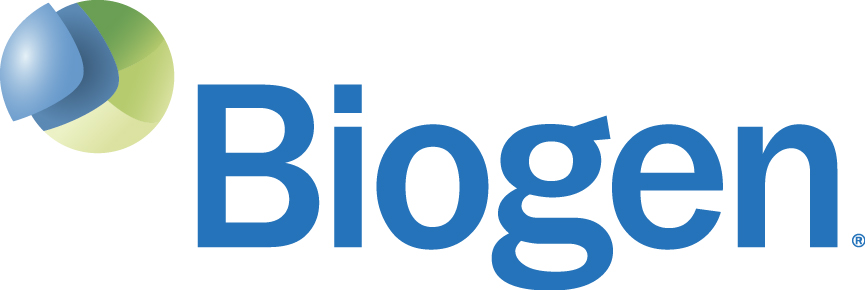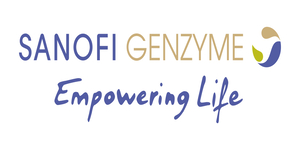

Neurotherapeutics Symposium 2022
REGISTRATION IS NOW CLOSED
Neurotherapeutics Symposium 2022: Integrating Equity within Translational Research
Virtual meeting, January 28-29, 2022
REGISTRATION IS CLOSED
Platform: Accelevents
The Neurotherapeutics Symposium 2022 will be the third in a series of conferences organized by the department of neurology of the University of Rochester in collaboration with other departments of neurology across the United States with the goal of accelerating the translation of advances in neurological therapy into improved health outcomes for all patients. The first Neurotherapeutics Symposium occurred in 2018 and focused on neuromuscular and movement disorders. The second one occurred in 2019 and focused on neurological emergencies. In both conferences, a concern shared by attendees and speakers was the lack of comprehensive efforts to educate the workforce on inequities that may begin and could be addressed during the translational research phase of therapy development.
Life-changing and curative therapies for disabling and fatal neurological conditions are costly and often inaccessible for patients from underrepresented minority (URM) populations. During translational research in neurology, much of this inaccessibility begins at the therapy development phase and grows through the implementation and dissemination phases. For example, URM patients with multiple sclerosis are less likely to be recruited for therapy trials and they also have a higher likelihood of being disabled due to lack of appropriate treatment. There is, therefore, a critical need to widely educate the workforce on the importance of integrating an equity focus within translational research in neurology. Our long-term goal is to accelerate the translation of advances in neurological therapy into improved health outcomes for all patients. Our overall objective during this virtual symposium is for participants to integrate an equity focus within their ongoing and future translational research efforts in neurology.
All participants are encouraged to submit abstracts presenting their ongoing research efforts. Published research is acceptable. All types of abstracts will be accepted including animal experiments, pre-clinical and clinical studies ranging from case reports to comparative effectiveness trials. Abstracts will have a limit of 3000 characters (including title and spaces). Abstract structure will include: objective, background, methods, results and conclusions. In addition, “equity focus” will be a required section for abstract submission. Please see the abstract guidelines below for further details.
Mentoring groups will be created by matching six participants per group at different career stages based on their areas of expertise and interest, and the topic of their submitted abstracts. Mentoring group session #1 will serve to introduce pre-matched group members and review the abstracts submitted by each of their trainees and/or early career members. Mentoring group session #2 (on Day 2) will serve for trainees and/or early career group members to present the “equity focus” of their submitted abstracts (5-6 min each). Mentoring group session #3 will serve for trainees and/or early career group members to further develop and expand the “equity focus” of their abstracts (5-6 min each).
Up to 50 pre-selected abstracts will be presented during the virtual poster presentation session. There will be a virtual poster hall for all posters to be viewed ahead of time and then a one hour time slot for each poster presenter to discuss or answer questions. Conference participants will be able to enter and leave the poster hall to discuss the posters of their interest. Meeting co-chairs and advisory committee members will select the top 10% abstracts, which will be announced at the end of Day 2 and whose presenters will be matched with a mentor and receive a symbolic monetary prize to further support their research.
Abstract Submission Guidelines - updated
Please submit your abstracts here
Sponsors




